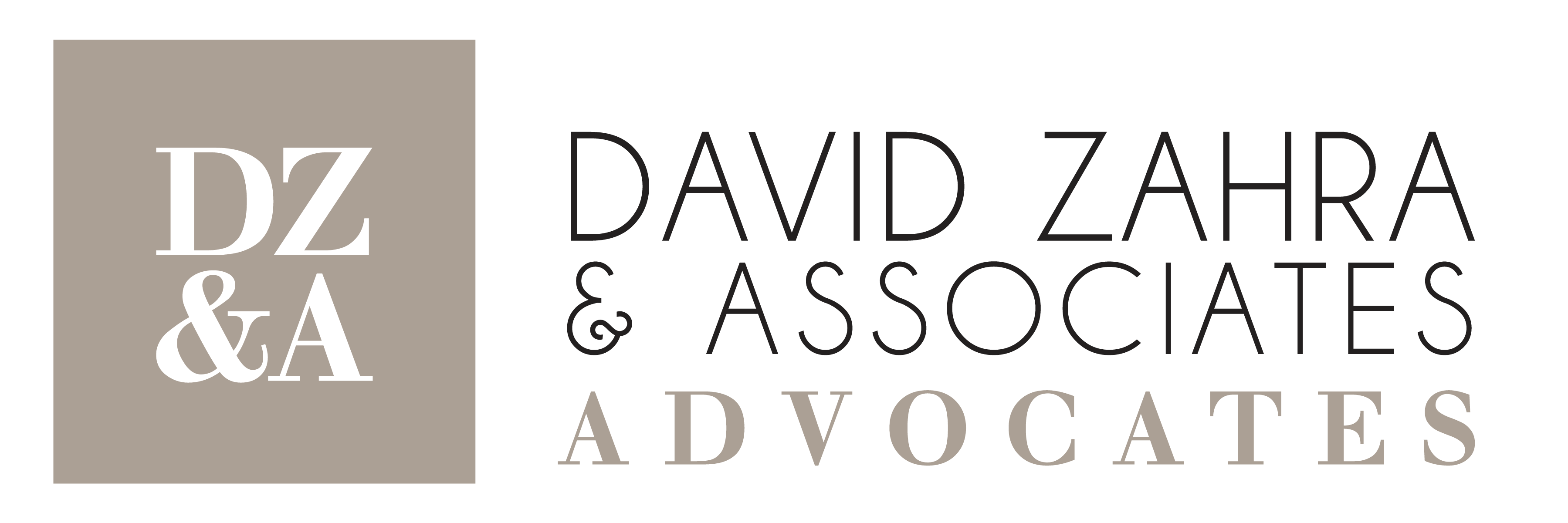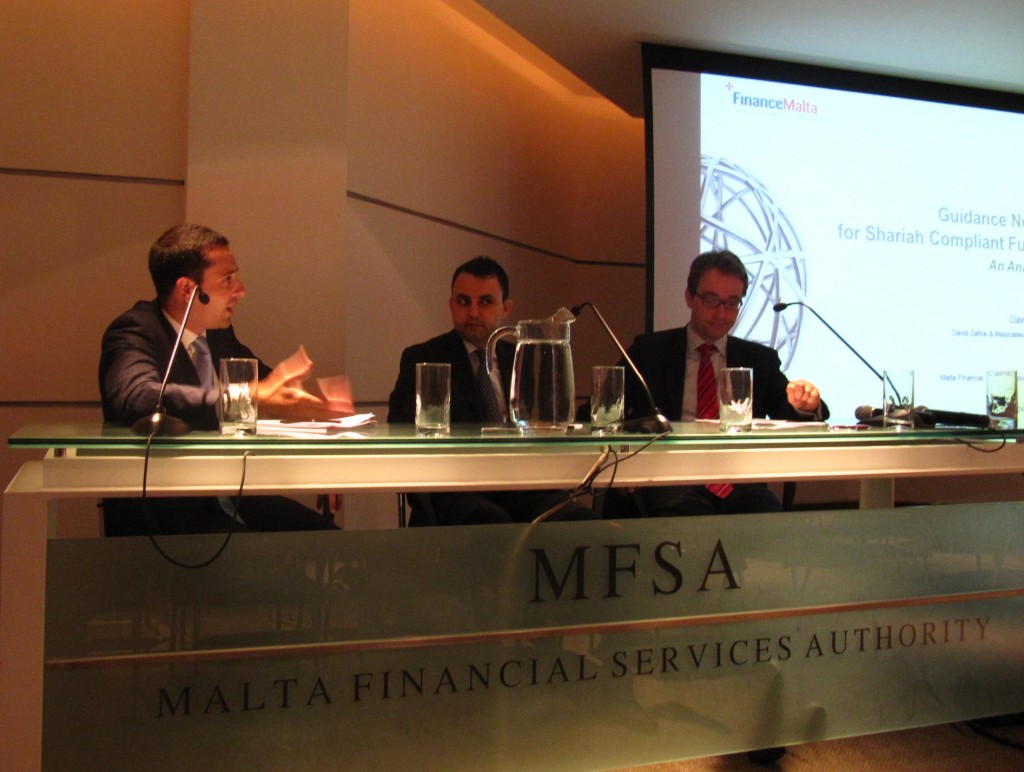Malta is increasingly perceived as an attractive gateway for Islamic finance, a sector which currently sees an annual expansion rate of 15-20% and has an estimated value of $2 trillion as at 2014.
Speaking at the latest educational clinic on Sharia-compliant funds organised by FinanceMalta on June 24thin collaboration with the Malta Funds Industry Association (MFIA),Legal Director of Clyde & Co’s Tripoli office, Leopold Zentner, said that clients are essentially drawn to Malta because of its flexible yet robust regulatory framework and extensive double taxation treaties as well as its strategic geographical proximity.
During this Educational Clinic held at the Malta Financial Services Authority (MFSA), some of Malta’s existent 27 fund administrators discussed how to apply the rules of Islamic finance transactions to the country’s financial regulations.
The suite of investment vehicles offered by Malta’s International Financial Centre also resonates well with Islamic investors, who may set up their funds as Special Purposes Vehicles (SPVs), Undertakings for Collective Investment in Transferable Securities (UCITS), Alternative Investment Funds (AIFs), or Professional Investor Funds (PIFs). Having a regulatory framework in place that allows for Protected Cell Companies (PCCs) and Incorporated Cell Companies (ICCs), Malta is well-placed to accommodate charitable collective funds, better known as Takaful insurance solutions.
To create further awareness about this sector, FinanceMalta has announced that it will be publishing a new series of ‘Sector Guides’ in January 2015, one of which will now focus solely on Islamic finance.
In line with the country’s stance to offer flexible and transparent financial operations, the MFSA is also the only EU regulator that has issued formal guidelines on Sharia-compliant investments.
“Since Sharia-compliant funds prohibit interest on loans and generate profits in a socially-responsible manner, experienced practitioners are also adamant on maintaining a strong focus on ethics and prudential practices,” claimed FinanceMalta’s Head of Administration, Dr Bernice Buttigieg.
Dr David Zahra, Partner at David Zahra & Associates,explained that these guidelines are meant to create a level-playing field between locally-based fund administrators and investors as well as overcome the challenge of applying two sets of regulations to this type of transaction. “Coupled with concerted efforts by the Maltese government to offer further incentives to investors,this helps Malta achieve top-of-mind awareness status in the Islamic world”, he added.
The availability of a highly-educated English-speaking workforce is another reason behind Malta’s financial services success. In addition to this,Malta hosts a growing student population which has the potential to become more conversant with niche financial areas such as Islamic Finance.
Copies of FinanceMalta’s guides may be secured by expressing interest to FinanceMalta through their website: http://www.financemalta.org/contactus
Click here to access the original FinanceMalta press release.



